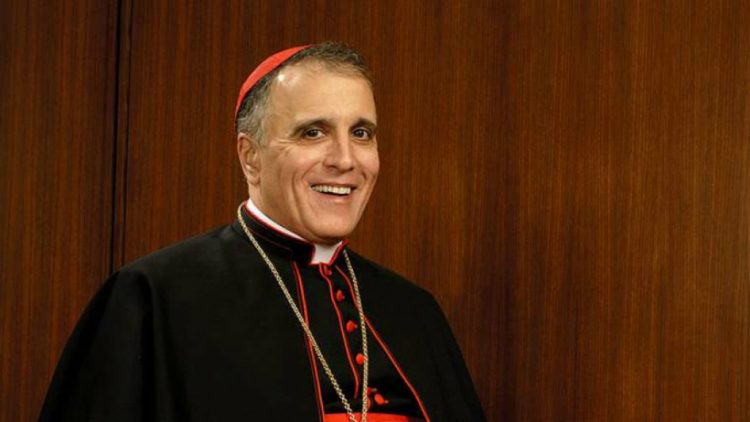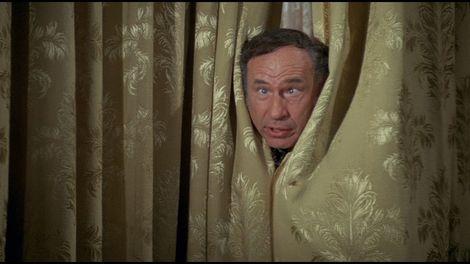~Part two in a multi-part series~previous post Settlement Class Actions Lawsuits are BAD for victims and BAD for transparency. But they are mighty good for bishops. Here is what we know about victims of child sexual abuse: It can take decades for victims to come forward, because child sexual abuse is a crime of shame…Continue reading Class Action Sex Abuse Lawsuits Part 2: Lessons from Covington




